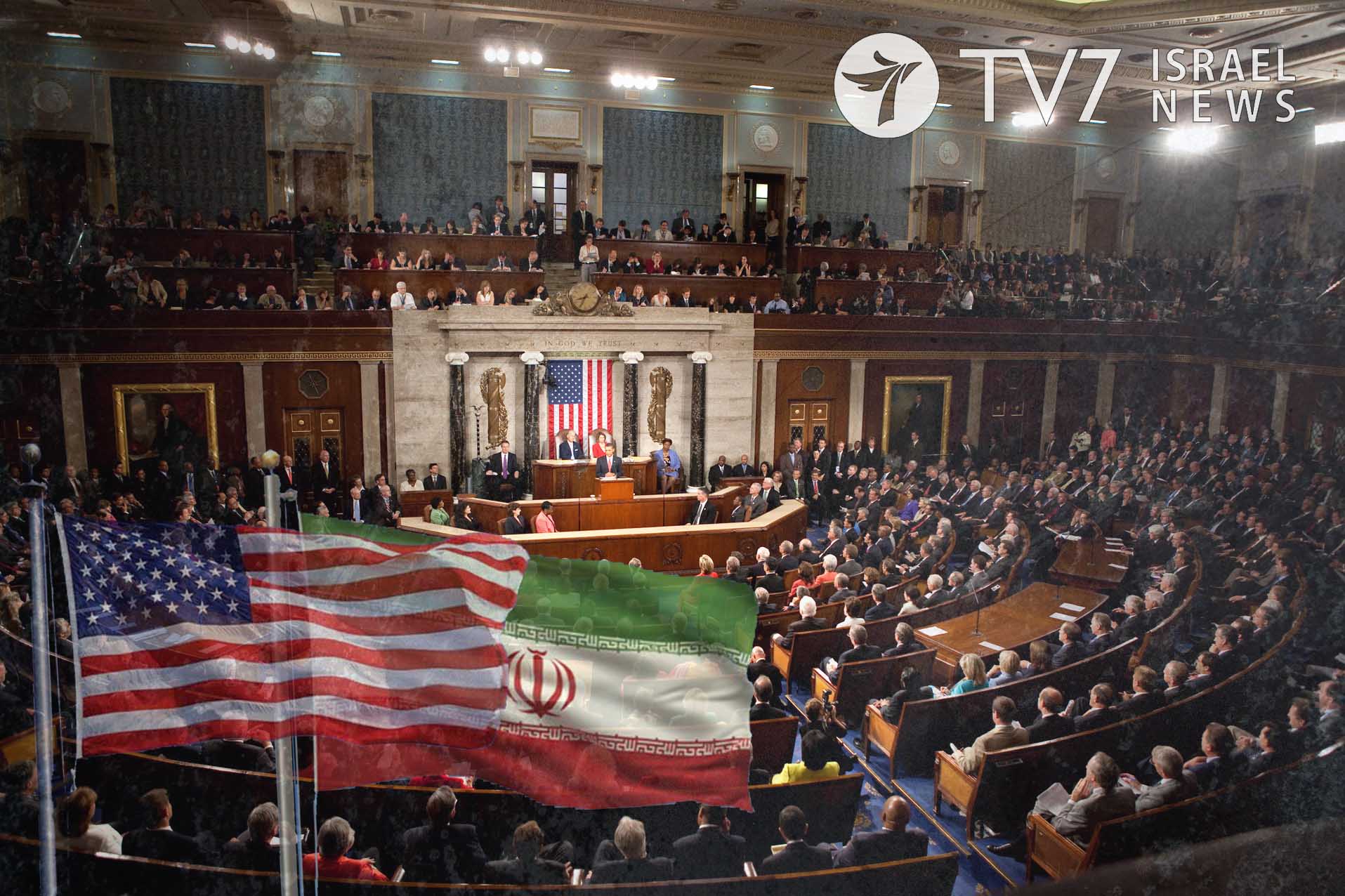The US senate passed a 10-year extension of existing sanctions against the Islamic Republic of Iran, sending the measure to the White House for President Barack Obama to sign-into-law and delaying any potentially tougher actions against Tehran until next year. The bill was passed without any opposition, with 99 senators voting in favor. Democratic Senator Bob Menendez told his fellow senators that the sanctions needed to be extended in order to respond to what he called, “other threatening and dangerous activities the Iranian regime is taking,” accusing the Islamic Republic of continued provocations against the international community by testing ballistic missiles, among other violations. “We need to send a signal to Iran that the United States, while meeting its obligations under the JCPOA, will continue to respond to other threatening and dangerous activities the Iranian regime is taking.” / “Since the nuclear agreement came into force, Iran has continued its efforts to destabilize the region and increase its power through proxy and terrorist networks. Since we signed the nuclear agreement with Iran, Iran has been testing the agreement, testing our resolve, and quite literally testing long range ballistic missiles,” said Bob Menendez, Democratic Senator.
After the P5+1 – the United States, Russia, China, France, Britain plus Germany – reached an agreement with Iran that has forced the Islamic Republic to curb its nuclear program in exchange for sanctions relief, a nuclear agreement also known as the Joint Comprehensive Plan of Action, or JCPOA; White House officials have said they did not think the reinstatement of sanctions against Iran was needed, while raising concerns that the reinstatement of sanctions would possibly violate the JCPOA. Nevertheless, congressional aides said they expected Obama would sign the bill when it reached his desk.
The US House of Representatives voted overwhelmingly last month for the extension of the ‘Iran Sanctions Act’, first passed in 1996 to punish investments in Iran’s energy industry and deter the country’s pursuit of nuclear weapons. The act will expire at the end of this year if President Barack Obama does not sign the bill into law – a move that would eliminate all sanctions against Iran as well as international ‘leverage’ that holds Tehran accountable for meeting its international obligations. “So Mr. President, we must provide leverage to seek a necessary change in the conduct of the Iranian regime and hold Iran accountable for meeting its international obligations including the terms of the JCPOA. We will improve the deplorable human rights situation in Iran and double down on our reassurances to Israel and American allies in the region of our full commitment to regional security,” added Menendez.
